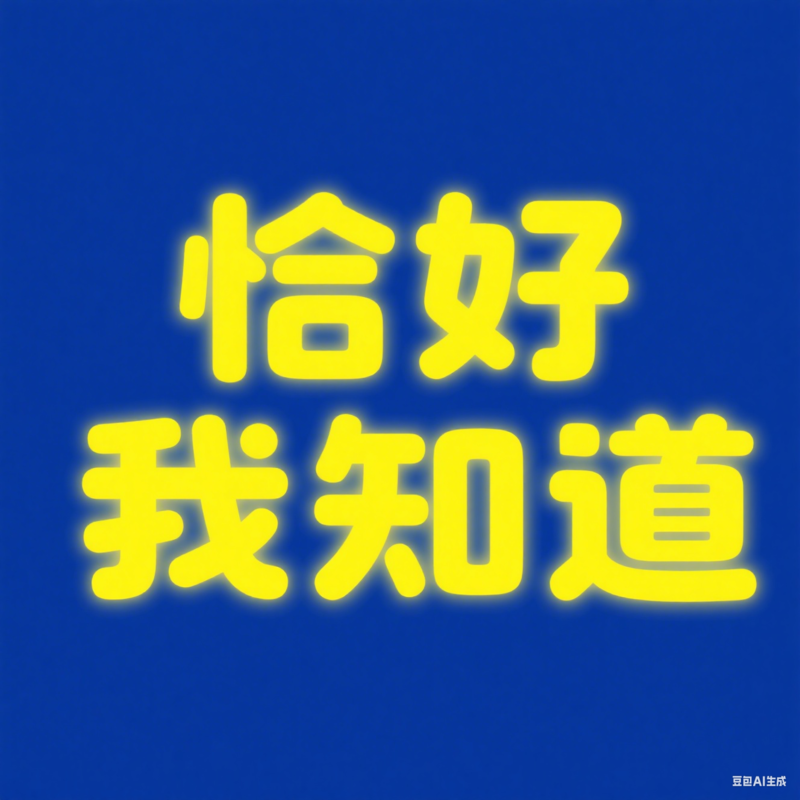
参考文献(找不到我的微信滴:A2016A05A)
1. Campisi, J., Kapahi, P., Lithgow, G. J., Melov, S., Newman, J. C., & Verdin, E. (2019).
From discoveries in ageing research to therapeutics for healthy ageing.
*Nature, 571*(7764), 183-192.
2. Justice, J. N., Nambiar, A. M., Tchkonia, T., et al. (2019).
Senolytics in idiopathic pulmonary fibrosis: Results from a first-in-human, open-label, pilot study.
*EBioMedicine, 40*, 554-563.
3. López-Otín, C., Blasco, M. A., Partridge, L., Serrano, M., & Kroemer, G. (2013).
The hallmarks of aging.
*Cell, 153*(6), 1194-1217.
4. Baldrian, P. (2003). Interactions of heavy metals with white-rot fungi. *Enzyme and Microbial Technology*, 32(1), 78-91. doi.org(02)00245-4
- 核心内容 :系统阐述白腐真菌菌丝体通过分泌有机酸、螯合肽(如谷胱甘肽)主动吸收重金属的生化机制。
5. Fomina, M., & Gadd, G. M. (2014). Biosorption: Current perspectives on concept, definition and application. *Bioresource Technology*, 160, 3-14. doi.org
- 核心内容 :分析真菌细胞壁的几丁质和黑色素对重金属(如Cd²⁺、Pb²⁺)的吸附作用,揭示菌类富集能力的结构基础。
6. Wang, X., et al. (2015). Heavy metal accumulation in wild edible mushrooms: Implications for soil pollution assessment. *Environmental Pollution*, 207, 231-237. doi.org
- 核心内容 :对中国西南矿区野生菌(牛肝菌、鸡油菌)的研究,发现其Cd和As含量显著高于周边土壤,证实菌类的生物放大效应。
7. Garcia, M. A., et al. (2009). Edible mushrooms as a new source of natural antioxidants and heavy metal chelators. *Journal of Agricultural and Food Chemistry*, 57(9), 3486-3492. doi.org
- 核心内容 :对比不同菌种的重金属富集能力,提出平菇、香菇对Cd的富集系数高达50-80倍。
8. Chen, X., et al. (2019). Health risk assessment of heavy metals in edible mushrooms from industrial and rural areas. *Science of The Total Environment*, 686, 774-781. doi.org
- 核心内容 :量化工业区附近栽培菌的重金属暴露风险,发现工业区菌类Pb和Hg含量超标的概率增加3.2倍。
9. Kalac, P. (2019). Mineral composition and heavy metal content of edible mushrooms. *Journal of Food Composition and Analysis*, 83, 103-112. doi.org
- 核心内容 :综述全球数据,指出木耳、灵芝等木腐菌对Hg的富集能力最强,而粪生菌(如草菇)重金属风险较低。
10. Li, T., et al. (2021). Mitigation strategies for reducing heavy metal accumulation in edible mushrooms: From cultivation to post-harvest processing. *Trends in Food Science & Technology*, 118, 805-818. doi.org
- 核心内容 :提出通过培养基配方优化(如添加硅酸盐)和加工技术(超声波清洗)降低重金属残留的解决方案。
关键研究方向总结
1. 富集机制 :真菌细胞壁吸附(Fomina, 2014)、菌丝主动转运(Baldrian, 2003)
2. 风险差异 :野生菌 > 人工菌(Wang, 2015);木腐菌 > 粪生菌(Kalac, 2019)
3. 干预手段 :培养基改良(Li, 2021)、加工处理(Garcia, 2009)
建议通过Web of Science或PubMed检索上述文献的“Cited by”功能,追踪最新进展(如2023年关于菌类重金属生物修复的研究)。doi.org/10.1016/j.cell.2013.05.039
4. Sinclair, D. A., & LaPlante, M. D. (2019).
*Lifespan: Why We Age—and Why We Don’t Have To.*
Atria Books.
5. Zhu, Y., Tchkonia, T., Pirtskhalava, T., et al. (2015).
The Achilles’ heel of senescent cells: From transcriptome to senolytic drugs.
*Aging Cell, 14*(4), 644-658.
说明:
- Campisi 2019 :系统总结了衰老生物学与治疗策略。
- Justice 2019 :达沙替尼+槲皮素(D+Q)的首个人体临床试验。
- López-Otín 2013 :经典衰老标志理论框架。
- Sinclair 2019 :书籍,涵盖NAD+/Sirtuins与抗衰老机制。
- Zhu 2015 :首次提出Senolytics概念及D+Q联用策略。
空空如也
暂无小宇宙热门评论

